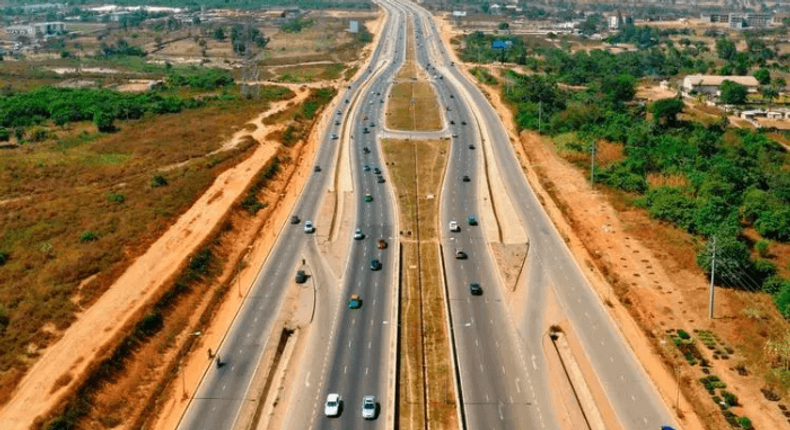Major Infrastructure Financing Milestone for Nigeria’s Lagos-Calabar Coastal Highway
The Nigerian Federal Government has successfully secured a $747 million syndicated loan to support the construction of the Lagos-Calabar Coastal Highway. This development marks a significant milestone in the nation’s efforts to enhance its infrastructure and stimulate economic growth.
Key Details of the Loan
According to an official statement from the Ministry of Finance, the loan will finance Phase 1 Section 1 of the project, which spans 47 kilometers from Victoria Island to Eleko Village in Lagos. This section is part of the broader Renewed Hope Infrastructure Development Agenda under the Tinubu administration. The initiative aims to improve regional trade, logistics, and tourism by connecting key urban centers along the coast.
The financing was led by Deutsche Bank, which served as the Global Coordinator, Initial Mandated Lead Arranger, and Bookrunner for the deal. Additional lenders include First Abu Dhabi Bank, African Export-Import Bank, ECOWAS Bank for Investment and Development, Nexent Bank N.V., and Zenith Bank. The Islamic Corporation for the Insurance of Investment and Export Credit also provided partial political and commercial risk insurance, further securing the project’s viability.
Construction and Technology
The 47-kilometer stretch currently under construction is over 70% complete. It is being built using Continuously Reinforced Concrete Pavement (CRCP) technology, known for its high durability and minimal maintenance requirements. This technology is designed to last up to 50 years, ensuring long-term value for the investment.
The Engineering, Procurement, Construction, and Financing (EPCF) contract for this phase was awarded to Hitech Construction Company, one of Nigeria’s leading infrastructure firms. The company is responsible for executing the project, which is expected to set a benchmark for future infrastructure developments in the country.
Government and Private Sector Collaboration
Finance Minister Wale Edun highlighted that the transaction reflects growing investor confidence in Nigeria’s economic reforms and infrastructure plans. He emphasized that the deal demonstrates the success of macroeconomic strategies and the return of international capital to support national development.
“This transaction is a model of sustainable, transparent, and catalytic infrastructure financing,” Edun stated. He added that the deal underscores the government’s commitment to involving the private sector in infrastructure projects through Public-Private Partnerships (PPPs).
Minister of Works, David Umahi, echoed these sentiments, calling the financing deal a vote of confidence in Nigeria’s economic reform agenda. He noted that the Lagos-Calabar Highway is a strategic national asset and that this financing sets a strong precedent for future public-private partnerships.
Project Leadership and Vision
Dany Abboud, Managing Director of Hitech Construction Company, expressed pride in the project’s progress and standards. He emphasized that the use of CRCP technology ensures unmatched durability and cost-efficiency, showcasing the capability of Nigerian engineering backed by international finance.
Dr. Khalid Khalafalla, CEO of ICIEC, highlighted the project’s potential to drive inclusive development across the region. He noted that the initiative will create employment opportunities, build local capacity, and support small and medium-sized enterprises. This aligns with ICIEC’s commitment to sustainable development and multimodal connectivity.
Future Sustainability
A tolling strategy is being developed to ensure the sustainability of the project once it becomes operational. This approach aims to generate revenue that will support the maintenance and management of the highway, ensuring its long-term viability.
Overall, the successful financing of the Lagos-Calabar Coastal Highway represents a major step forward in Nigeria’s infrastructure development. It showcases the collaboration between the government, private sector, and international financial institutions, setting a foundation for future projects that can drive economic growth and regional integration.

